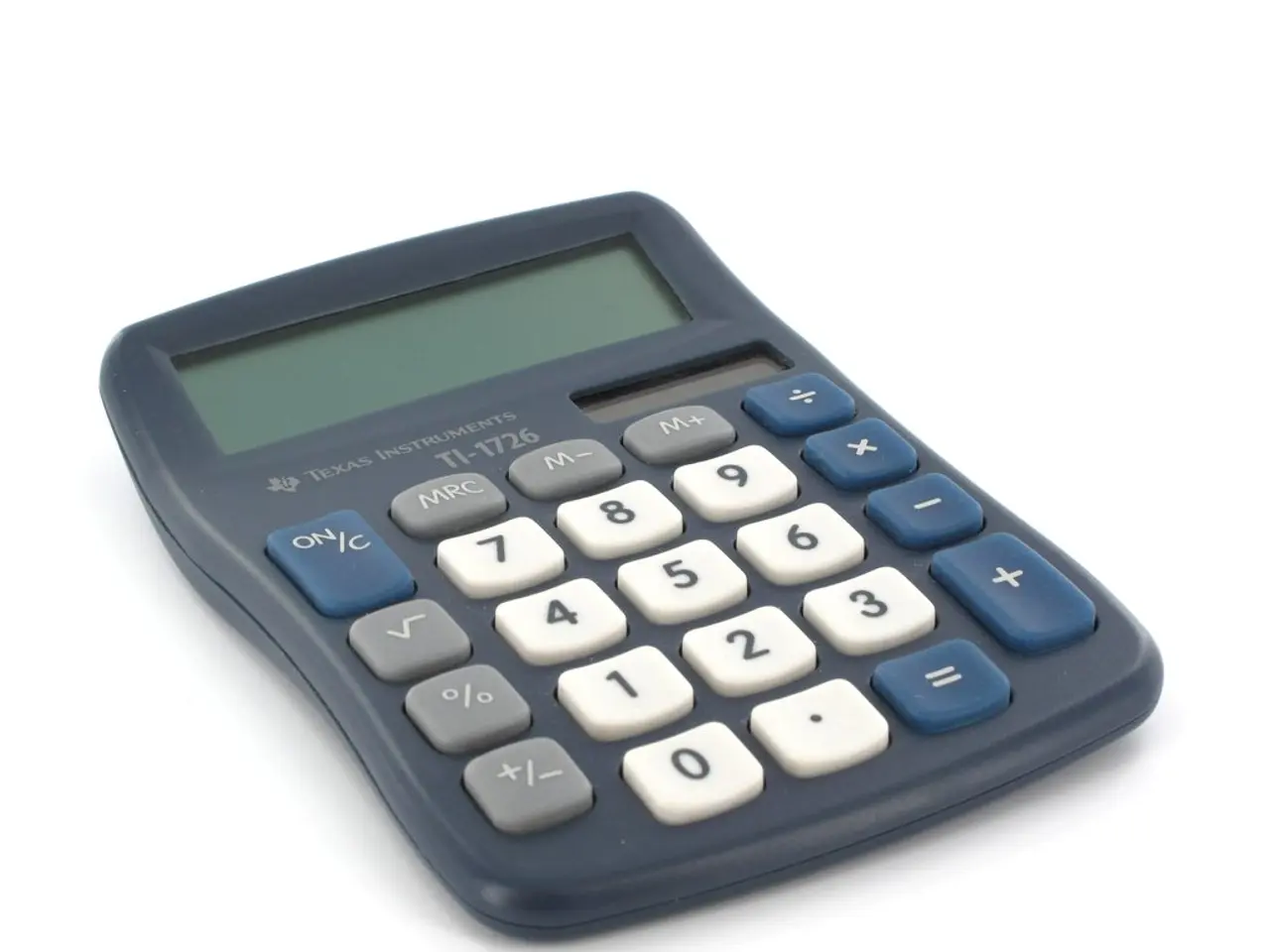Mathematics Festival 2025
Maths Week, an annual event established by the New Zealand Association of Mathematics Teachers (NZAMT) in 1998, is a free and exciting online celebration of mathematics. This event is open to teachers, home educators, students, and anyone else who wants to engage with math activities and promote a love for the subject.
The purpose of Maths Week is to celebrate mathematics, encourage engagement with math activities, and make math enjoyable and accessible. It aims to promote problem-solving and critical thinking skills among students and the wider community.
During Maths Week, a variety of activities are organised, including daily math challenges, jokes, competitions, and interactive problem-solving events in schools. One such activity is the "How long is it?" challenge, which helps students understand the decimal system as applied to length measurement. Another popular activity is "Measurements, weird and wonderful," which introduces unusual measurement units.
In addition to these activities, Maths Week also offers resources such as "The Measurement - introduction," which provides a range of resources supporting math and numeracy learning. The activity "Precision and accuracy" offers datasets for students to judge precision and accuracy in scientific settings, while the "Using infographics" and "Interpreting representations using climate data" activities focus on how data is presented and what the representations tell us.
Scientists often use mathematical models to make predictions, and the activities "Cubits, spans and digits" and "Measuring foot pressure" reinforce the degree of uncertainty when using non-SI measurements and offer practice using SI units, derived units, and prefixes.
Maths Week has gained the attention of approximately 280,000 students, teachers, and home educators over the years. For more information about Maths Week and to participate, visit www.mathsweek.co.nz.
It's important to remember that all mathematical models have limitations, and it's crucial to understand these limitations when making predictions or interpreting data. More information about the use of mathematical models and their limitations can be found online.
Dr Hayley Reynolds, who pursued a career in maths and science to contribute to society and create clinically useful tools for doctors, is one example of how math can be used to make a positive impact on the world.
In conclusion, Maths Week is a fantastic opportunity for everyone to engage with math activities, build positive attitudes towards math, and support learning aligned with the New Zealand curriculum. So why not join in and celebrate mathematics with Maths Week this year?
During Maths Week, participants can access resources like "The Measurement - introduction" to support their math and numeracy learning, making it an ideal partner for science education-and-self-development. Moreover, scientific projects often rely on mathematical models, as demonstrated by Dr Hayley Reynolds' work in creating tools for doctors, highlighting the integral role science and learning play in harnessing mathematics' potential to make a positive impact on the world.




